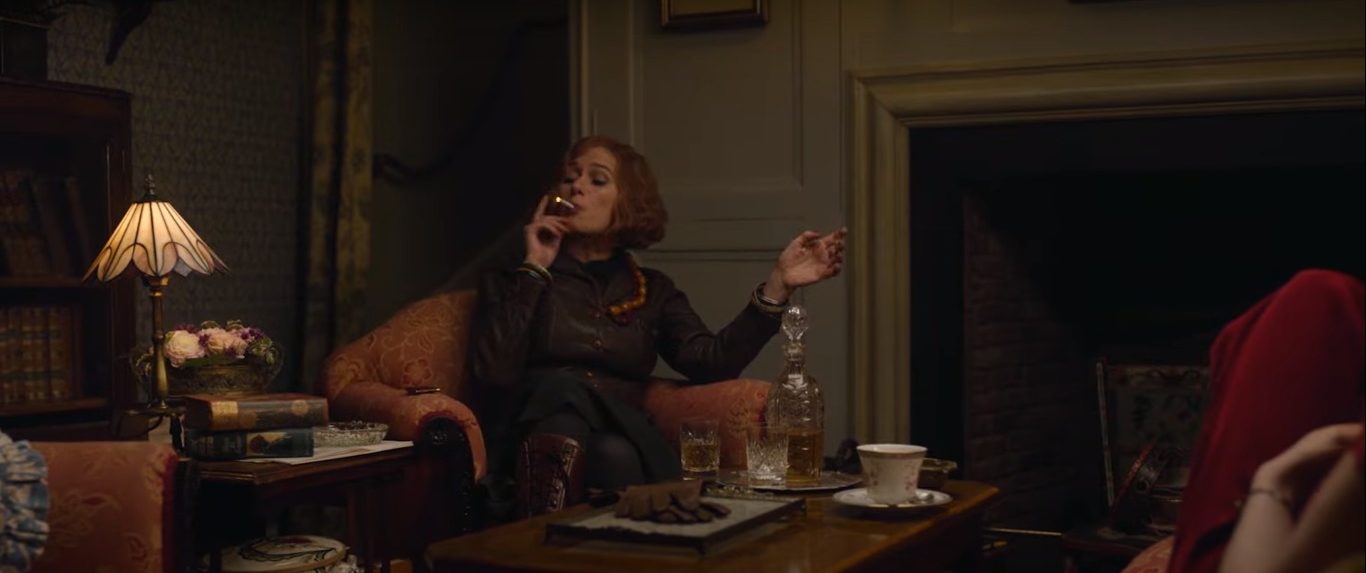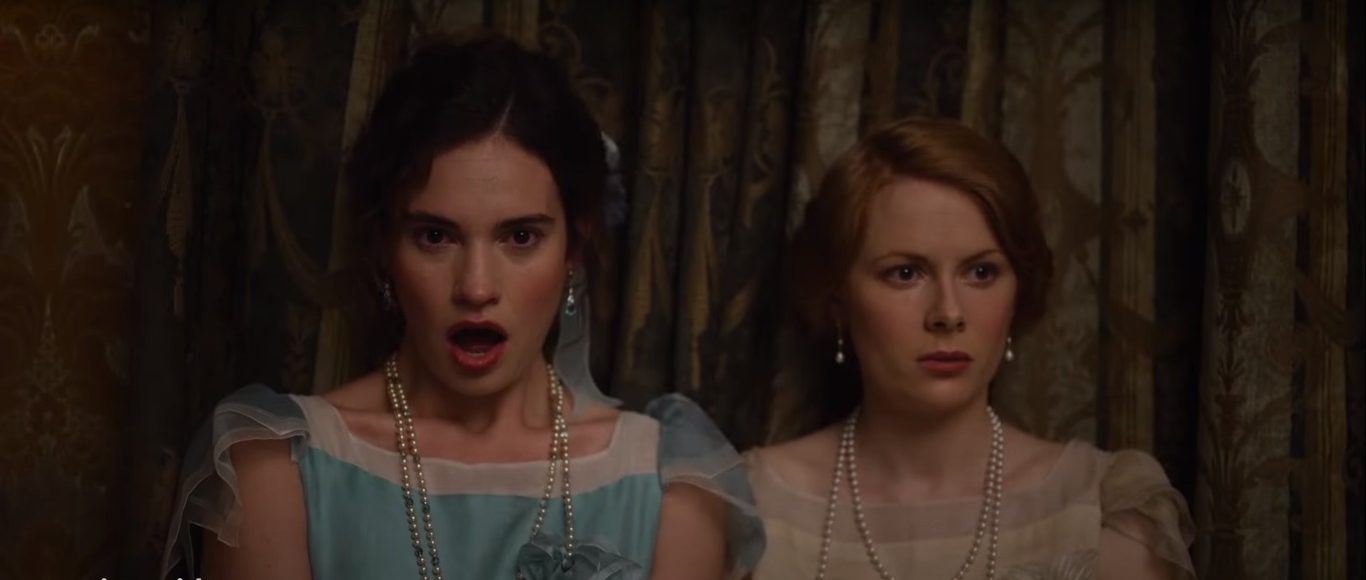‘The Pursuit of Love’ is a period drama miniseries that follows the intersecting lives of two cousins as they grapple with the eccentricities of love and social expectations of British high society during the interwar period. The messiness of life and the inevitability of pain that goes hand in hand with joy is borne effortlessly by the story that still incorporates oodles of biting wit. The characters, which seem impossibly animated for present-day, fit perfectly within and even inform the era they populate. Could the show be recounting the lives of real people? Let’s take a look at whether ‘The Pursuit of Love’ is based on a true story.
Is The Pursuit of Love Based on a True Story?
‘The Pursuit of Love’ is partly based on a true story. The miniseries is based on the seemingly semi-autobiographical novel of the same name by Nancy Mitford, an English writer also known for her journalistic and biographical works. Hailing from a privileged background, Mitford spent her youth in the bustling London social scene during the interwar period. Known to be a “bright young thing,” a phrase referring to the stylish, young socialites of the time and which is also heard on the show, she enriched her novels with detailed descriptions of those stages of her life.

Mitford’s life is quite closely reflected on multiple levels in her novel, to which she penned two sequels, titled ‘Love in a Cold Climate’ and ‘Don’t Tell Alfred.’ In ‘The Pursuit of Love,’ the lead character Linda Radlett grapples with a complicated relationship with love and her romantic partners. Just like the character, Mitford, too, went through a divorce and later embarked on an affair with a Frenchman that eventually fell apart. The ominous tidings of a second World War looming ahead are also clearly felt in her writing and almost certainly reflect what the author went through herself in the years leading up to World War 2. Mitford’s time in France (where she spent her last years) also inspired fawning descriptions of Paris in her novel.
Emily Mortimer, who adapted the novel and directed the series (as well as appeared as one of the characters on the show), read the novel whilst she was growing up. She remembered being fond of it when she was first approached by executive producer Charles Collier to bring it to screen. Her own upper-crust upbringing, as the daughter of Sir John Mortimer, a criminal barrister, likely resulted in her being more capable than most to grasp the social subtleties of Mitford’s work and translate them for modern-day audiences. The high-society eccentricities aside, Mortimer, on her rereading of the book, was struck by how radical the writing was. Difficult subjects like not being attached to one’s own child and being routinely beaten up by one’s father were handled boldly and still complemented the biting comedic wit of the novel.
In an attempt to faithfully depict the spirit of the book as well as keep it relevant to the present-day, Mortimer initially thought to reflect the Brexit issue in the series. This would be in keeping with the protagonist’s exceedingly xenophobic father, Matthew, who keeps his daughters uneducated and essentially held captive in their estate. However, the global Covid 19 pandemic led the director to focus more on the fragility of life and the eternal question as to whether one should throw caution to the winds and chase experiences or live more scrupulously in the hopes of prolonged life.
The dilemma is clearly the core dynamic of the series as Linda is swept up repeatedly by her flights of fancy, only to come crashing down. In contrast, her cousin and best friend, Fanny, is the level-headed counterpart who also doubles up as the clear-eyed narrator of the story. Both the central characters repeatedly profess to be jealous of the other.
Interestingly, Mortimer also included members of her family in the cast, including her mother, both her nephews, as well as her son and daughter. The series, in no small part, benefits from the writer-director’s own experiences and, despite being based on an apparently semi-autobiographical novel, is also complemented by aspects of Mortimer’s own family and history. The characters in ‘The Pursuit of Love’ are fictional, but they are based on, and on occasion closely reflect, some fascinating real people.
Read More: Where is The Pursuit of Love Filmed?


You must be logged in to post a comment.